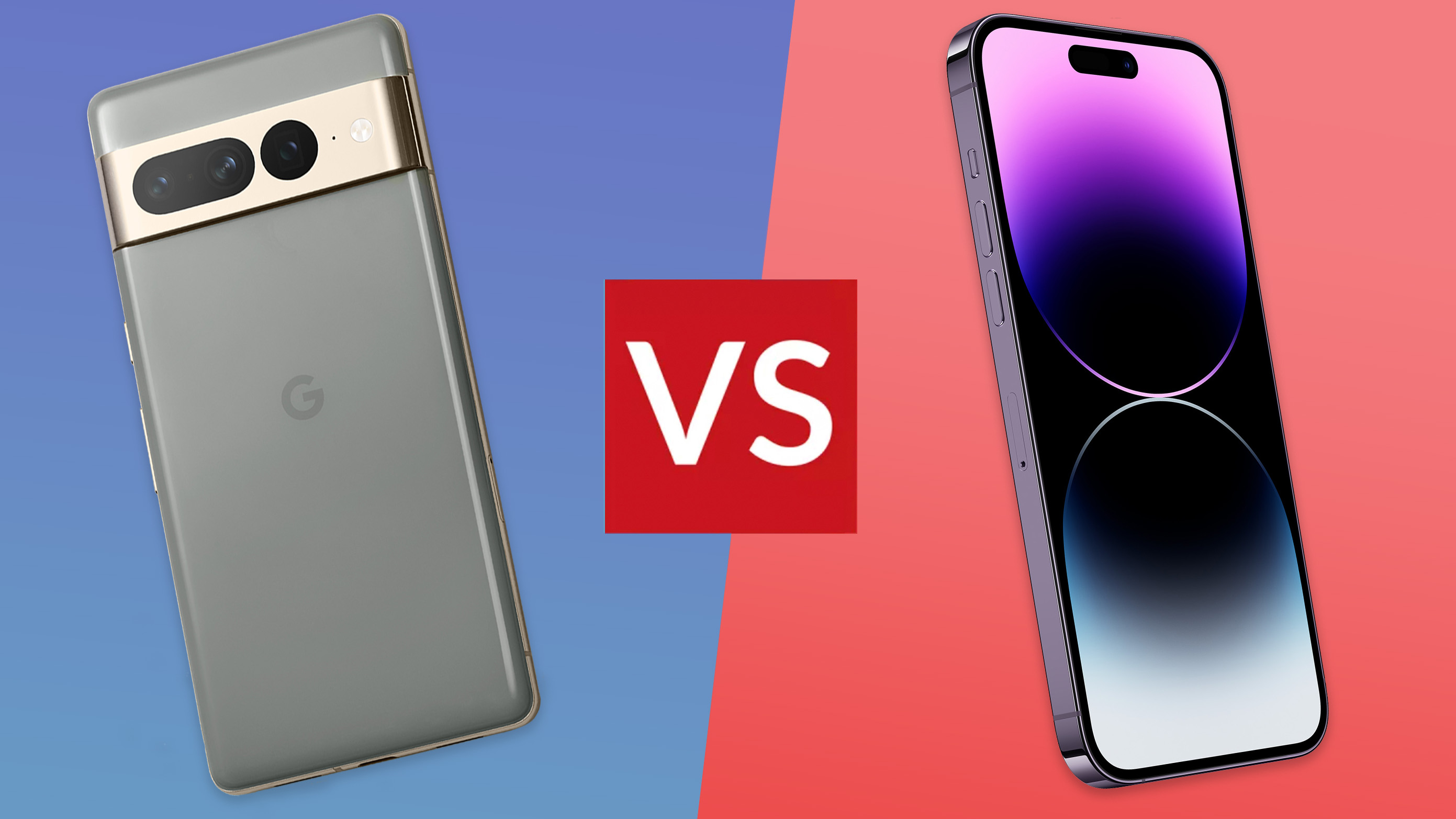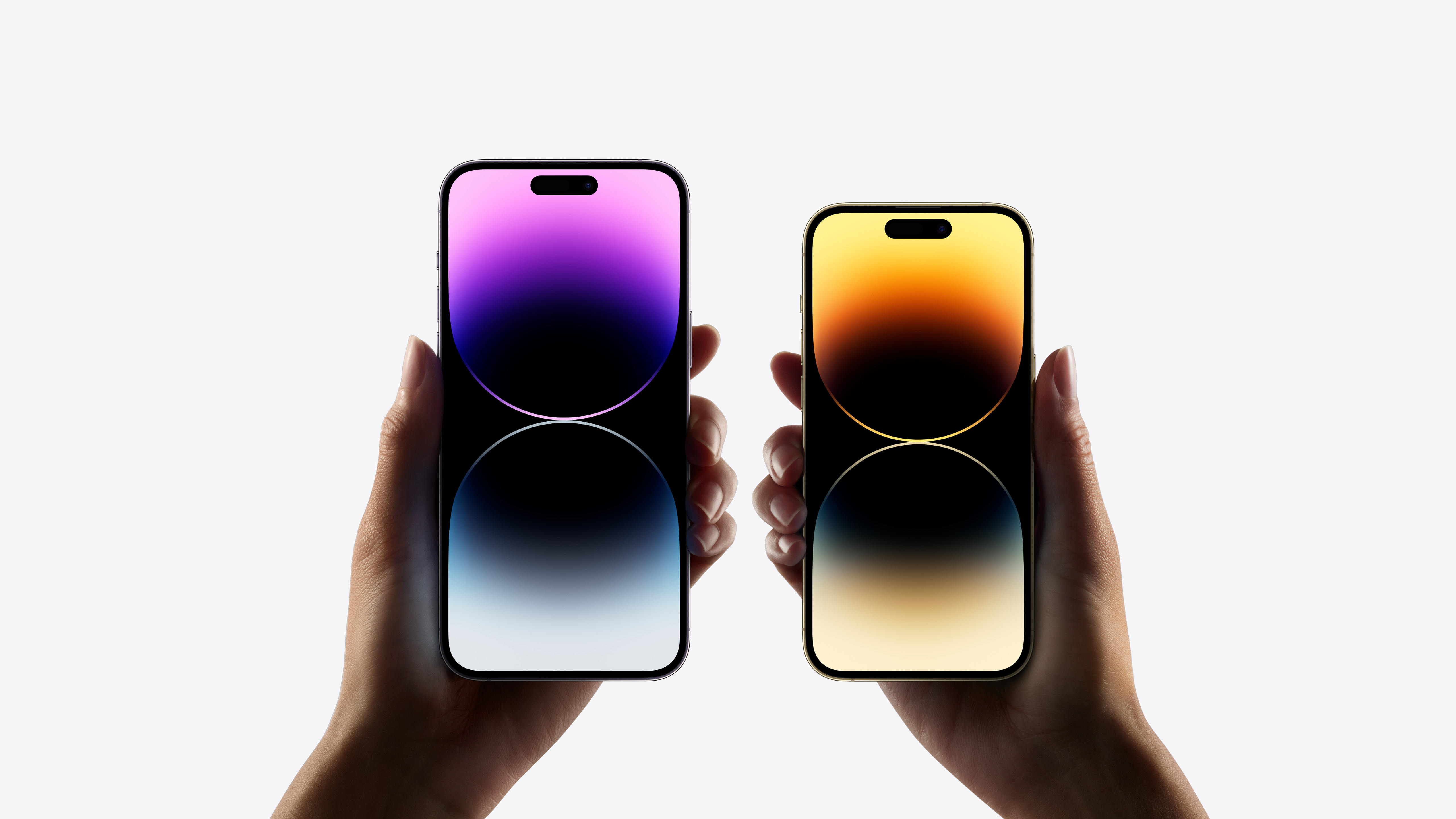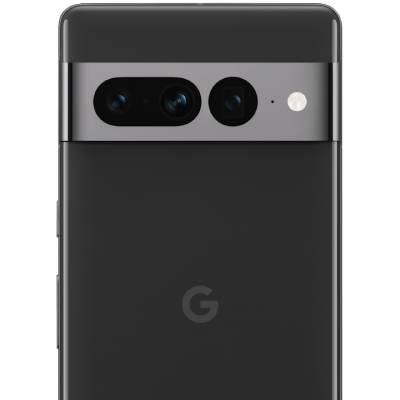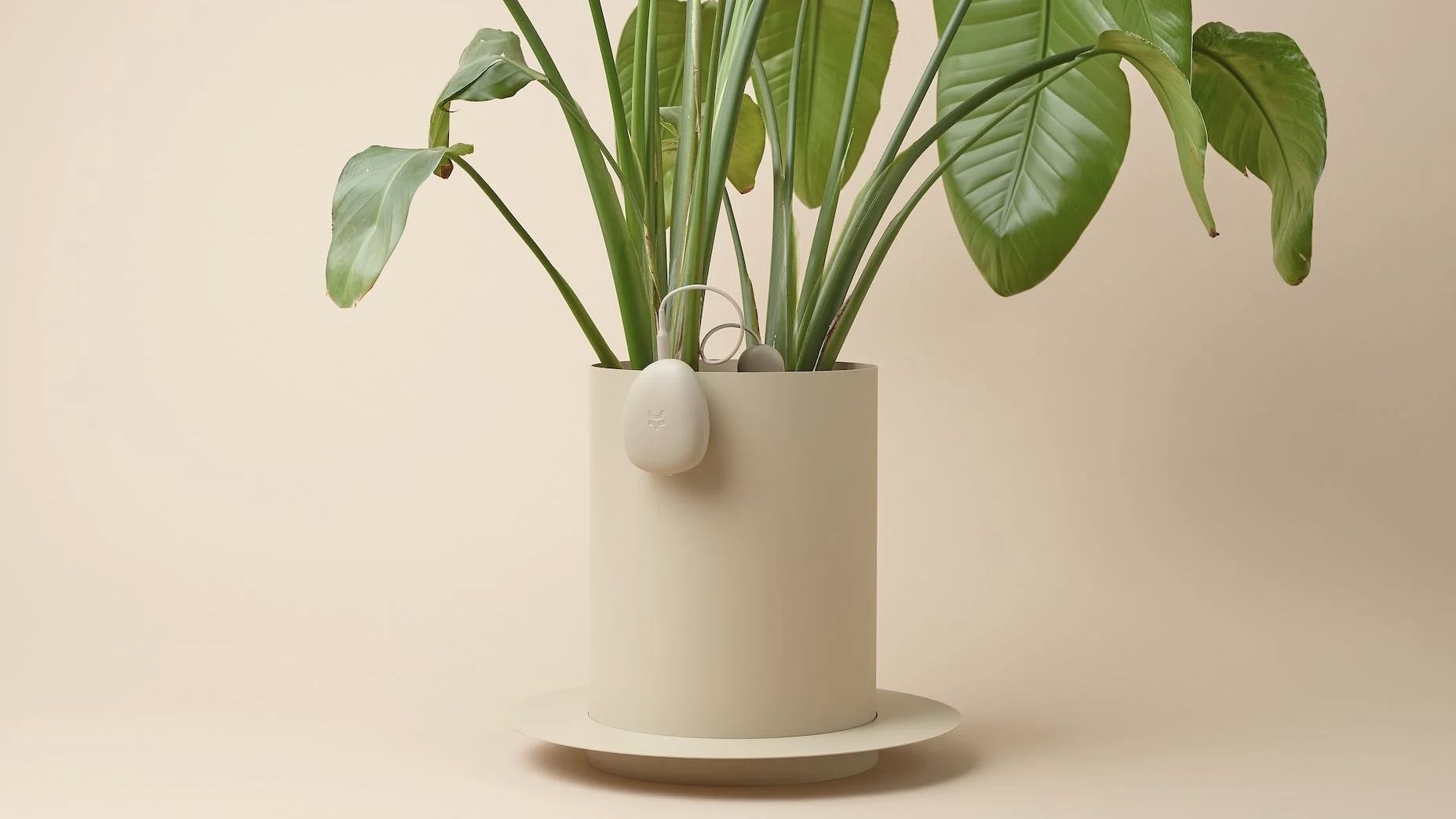

Google's Pixel 7 Pro has launched, and it's a very impressive package: it's powerful, with excellent cameras and a price tag that's much, much lower than Apple's best iPhone 14 model. The new Pixel is an improvement over the Pixel 6 Pro in several key areas, as well as an impressive flagship in its own right; in fact, it's one of the best Android phones you can buy.
That means it's up against Apple's iPhone 14, and the iPhone 14 Pro Max in particular: unlike the more affordable iPhones, the Pro Max gets a processor upgrade and a significantly improved camera setup as well as the new always-on display. So how does Google's flagship compare with Apple's? There's only one way to find out...
Price and availability
The iPhone 14 Pro Max is Apple's most expensive iPhone, starting at £1199 / $1099 / AUD$1899 for the 128GB version. It is also available in 256GB, 512GB and 1TB models, topping out at £1749 / $1599 / AUD$2769. It was launched at the Apple event on 7 September and is on sale now.
We were expecting a price tag of around £899/$899 for the Pixel 7 Pro, although we worried that given the strength of the US Dollar and weakness of the UK Pound right now, those prices could be potentially higher for UK buyers in much the same way that all the models in the Apple's iPhone 14 series are more expensive outside the USA. But no!
The Pixel 7 Pro is priced at £849/$899/AUD$1299. Not only that, but pre-order bundles make it even tastier: you can get a Pixel Watch or Pixel Buds Pro for free in Google 7 Pixel Pro deals if you order in advance (be quick, the on-sale date is 13 October).
Design and display
The Pixel 7 Pro comes in three different colours: Snow (white), Obsidian (black), and Hazel (a darkish green).
It features a 6.7-inch, 120Hz QHD panel compared to the 6.3-inch, 90Hz panel of the smaller Pixel 7.
Sign up to the T3 newsletter for smarter living straight to your inbox
Get all the latest news, reviews, deals and buying guides on gorgeous tech, home and active products from the T3 experts
There's Face Unlock as well as fingerprint locking thanks to the 10.8MP camera on the front. It features both wired and wireless charging and it has IP68 dust and water resistance.
The iPhone 14 Pro Max doesn't look dramatically different from its predecessors, although there is a new colour option among the four available: Space Black, Silver, Gold, Deep Purple.
The iPhone delivers the same 6.7-inch screen size that makes it comparable to the Pixel 7 Pro. It's also 120Hz capable, or what Apple calls ProMotion equipped. However, this new Super Retina XDR display is brighter than the previous model with a peak brightness of 1600 nits, which is close to the Pixel 7 Pro's believed-to-be 1500 nits top-end.
Processor, performance and battery

The iPhone 14 Pro Max features the new A16 Bionic chip, a 4nm system with a 6-core CPU, a 5-core GPU and a 16-core neutral engine. It has 50% more memory bandwidth than the A15 before it and is 10% faster, yet uses less power.
The A16 Bionic is backed with 6GB of RAM and a choice of storage from 128GB to 1TB. Apple doesn't disclose battery specs but claims up to 29 hours of video playback (the battery is believed to be 4,323mAh) and 30W fast-charging is supported.
The Pixel 7 Pro has a Tensor G2 processor, also a 4nm chipset like that of Apple's. It's said to deliver faster voice translation and voice typing, a new AI-powered Photo Unblur feature and faster night-time photography.
The processor is backed with 12GB of RAM in the Pro model and a choice of 128GB or 256GB of on-board storage. Battery size is 5,000mAh with 30W fast-charging and 23W fast wireless charging as well as reverse wireless charging and USB PD 3.0.
Cameras

The Google Pixel 7 Pro has a 50MP main camera, a 12MP ultrawide camera and a 10.8MP selfie camera, along with a 48MP telephoto.
The main camera delivers improved zoom, up from the 4x optical zoom of the Pixel 6 Pro to 5x optical zoom on the Pixel 7 Pro. It will deliver a maximum of 30x magnification by combining optical and digital zooms. That’s twice what the iPhone 14 Pro can manage.
There's also a new Macro Focus mode for close-up shooting, and the Pro also gets the Movie Motion Blur feature that's in the Pixel 7. That sounds awfully like the Cinematic Mode in Apple's most recent iPhones.
In addition to 4K at 30/60fps with the main camera, you'll be able to shoot 4K video at the same frame rates with the front camera on the Pixel 7 and the Pixel 7 Pro.
The iPhone 14 Pro Max has had a big camera upgrade moving to a new 48MP main camera sensor. This allows both 48MP images and superior 12MP images by combining four pixels into one. The 12MP ultra-wide camera is also new, with a larger sensor. And as said above, there's a 12MP 3x telephoto too.
In addition to the higher resolution, the cameras in the iPhone also get the new Active Mode stabilisation, which offers gimbal-style results without the need for a gimbal.
Early verdict
The Google Pixel 7 Pro isn't a massively different device from the Pixel 6 Pro, but the improvements it does offer are very much worth having: the improved camera system is very impressive, the newer Tensor G2 processor should make it significantly speedier, and the slight redesign is very good-looking. But if you haven't already chosen your mobile phone platform it's the price more than anything that defines this device: it's considerably less expensive than Apple's flagship.
Apple's iPhone may have the edge when it comes to performance – unlike Android firms, it controls the OS as well as the hardware and can optimise both accordingly – but even without yet having used it, it's pretty clear that the Google Pixel 7 Pro has the edge when it comes to value for money. We're very much looking forward to the results of our long-term test.
Writer, musician and broadcaster Carrie Marshall has been covering technology since 1998 and is particularly interested in how tech can help us live our best lives. Her CV is a who’s who of magazines, newspapers, websites and radio programmes ranging from T3, Techradar and MacFormat to the BBC, Sunday Post and People’s Friend. Carrie has written more than a dozen books, ghost-wrote two more and co-wrote seven more books and a Radio 2 documentary series; her memoir, Carrie Kills A Man, was shortlisted for the British Book Awards. When she’s not scribbling, Carrie is the singer in Glaswegian rock band Unquiet Mind (unquietmindmusic).
-
 This smart home gadget can tell you when to water, feed and move your houseplants
This smart home gadget can tell you when to water, feed and move your houseplantsStress-free plant care? Yes please
By Lizzie Wilmot
-
 Strava just bought Runna and we got the inside story from both CEOs
Strava just bought Runna and we got the inside story from both CEOsNo, Runna isn’t going anywhere – and no, your subscription won’t get more expensive (for now)
By Matt Kollat